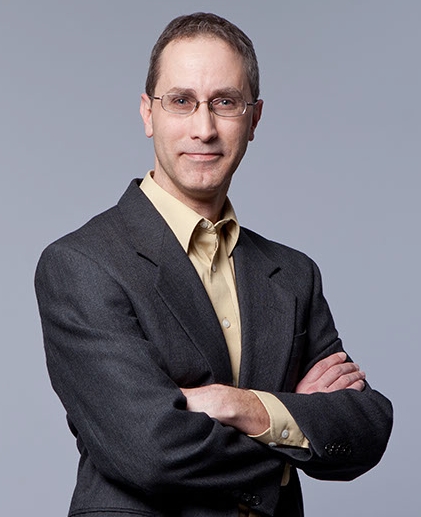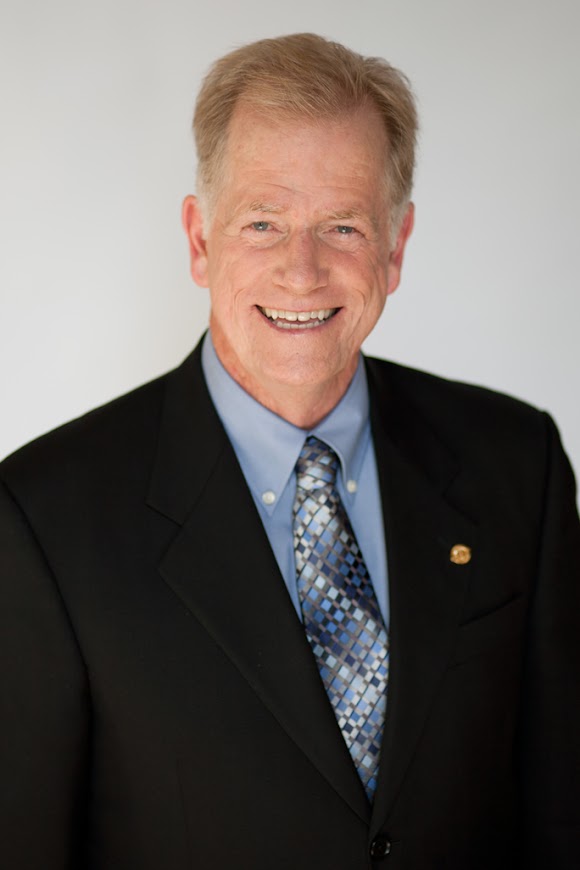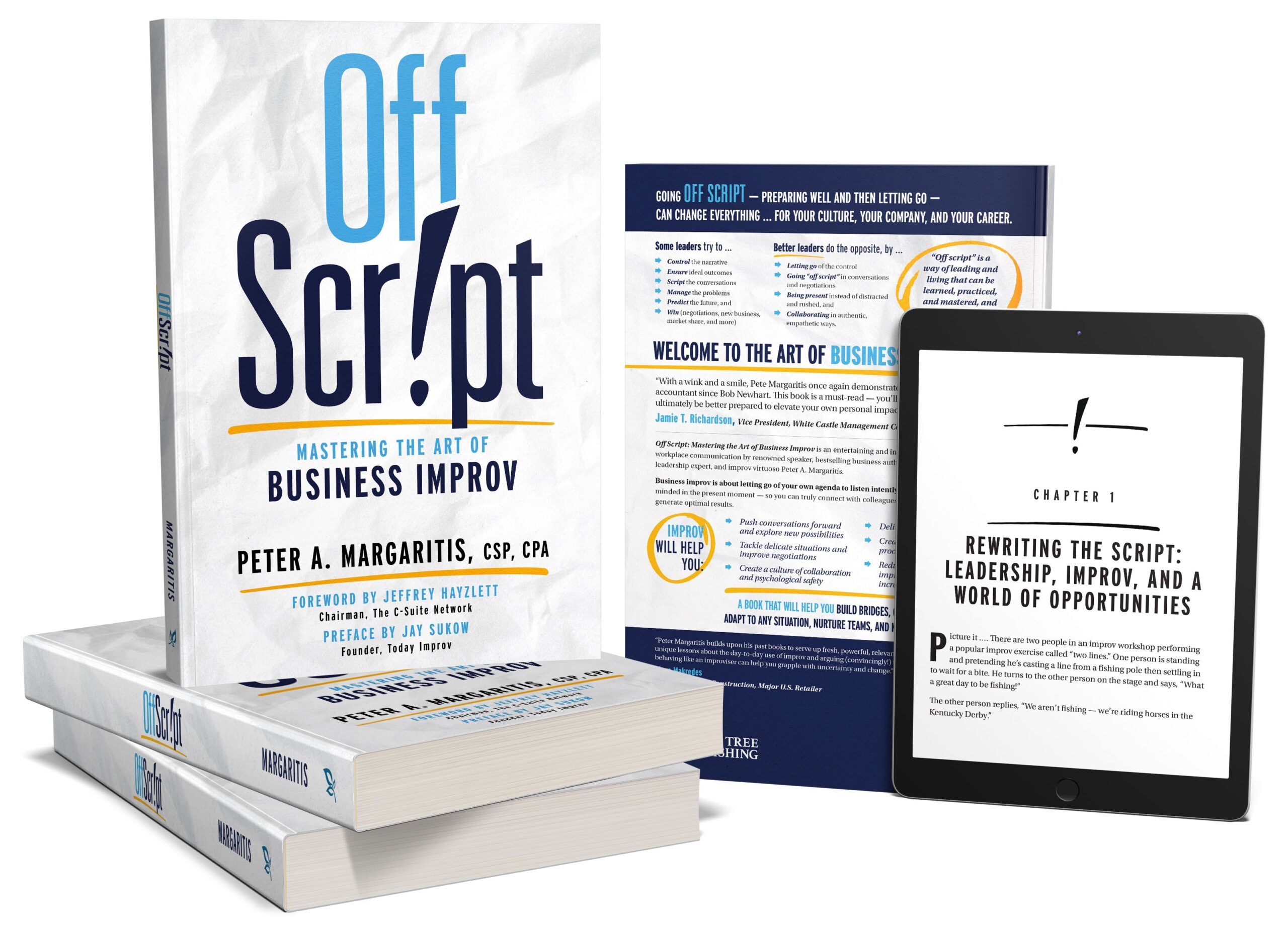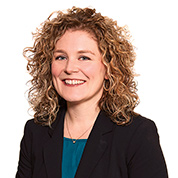“People who want to help people further their business and solve their problems.” Stacey Rodgers
In today’s episode, we welcome Stacey Rodgers to the podcast. Stacey is the executive director of people and culture at Cohen & Company CPA firm based in Cleveland, Ohio. Stacey offers a unique perspective when it comes to helping the firm to develop and maintain outstanding client service teams. As a former auditor who built her career within Cohen & Company, she has a dual understanding of what clients need and expect from their accountants and how to help the firm train and develop employees to be successful.
Being at the center of the firm’s goal of employing the best and the brightest, Stacey oversees the execution of all people and culture initiatives, including performance management, employee engagement, employee development, and recruiting. In addition, with a focus on attracting, developing, and retaining talent, she works to ensure the firm exemplifies its foundational principles. Stacey is also very passionate and very knowledgeable about the accounting profession’s challenges.
Over time, three things have remained the same: first, hiring the right talent; second, training that talent; and third, keeping that talent engaged and excited about their careers. That is the three-legged stool that is critically important to any organization. So it does boil down to the people and ensuring that you have all of those things working together, despite what’s happening around you, within and outside your organization.
The pandemic has helped organizations to learn that they need to be more open to the different working styles of their people and become much more people-centric in their decision-making. A lot of the research shows that during this time of the pandemic, people had the opportunity to step back and reflect on what they wanted. Similarly, opportunities opened up in a way they’ve never been available before because of the changing market in that dynamic.
Leaders have stronger and better relationships today because of the adoption of technology and its capacity to enhance what they do daily. If leaders find the right way to use it going forward and take all the lessons they’ve gained due to this pandemic, they can come out in a much stronger position than they did going into it.
New hires need to learn how to communicate, both internally and externally. They also have to learn how to manage their time. So, for example, there is a difference when someone comes in with the ability to navigate a client problem without having someone to teach them how to do that, as compared to doing that through instinct.
At the end of the day, people who want to help people further their business and solve their problems. However, people underestimate the power of communication and building relationships and the importance of everything we do. Public accounting enables people to acquire these networking skills, which translate to success no matter where your career takes you.
Once you surround yourself with people who are experts in their fields, you will build a relationship and network that will last you a lifetime that goes beyond the purpose of building a business. The most successful people are those who recognize that they can’t do it alone. If you think you can accomplish all your goals on your own, you will only go as far as your ego and head can go. It is only when you start to understand who are the right people you need to surround yourself with that your business can begin to be successful.
Click to Download the Full Transcript PDF





